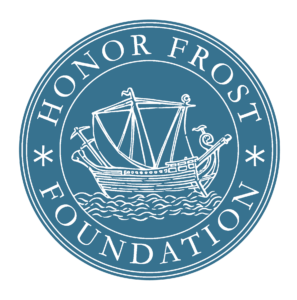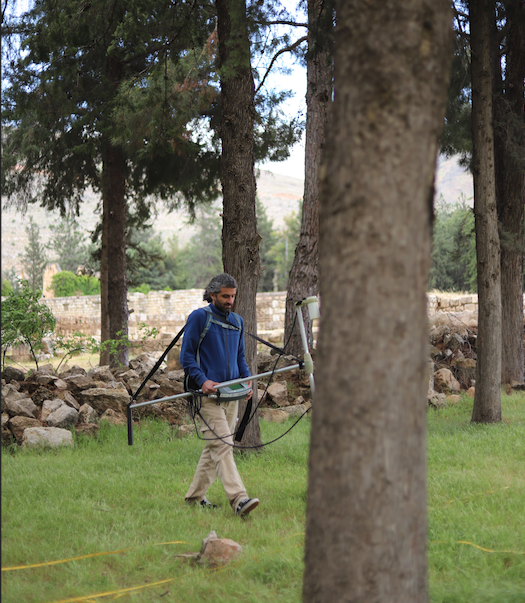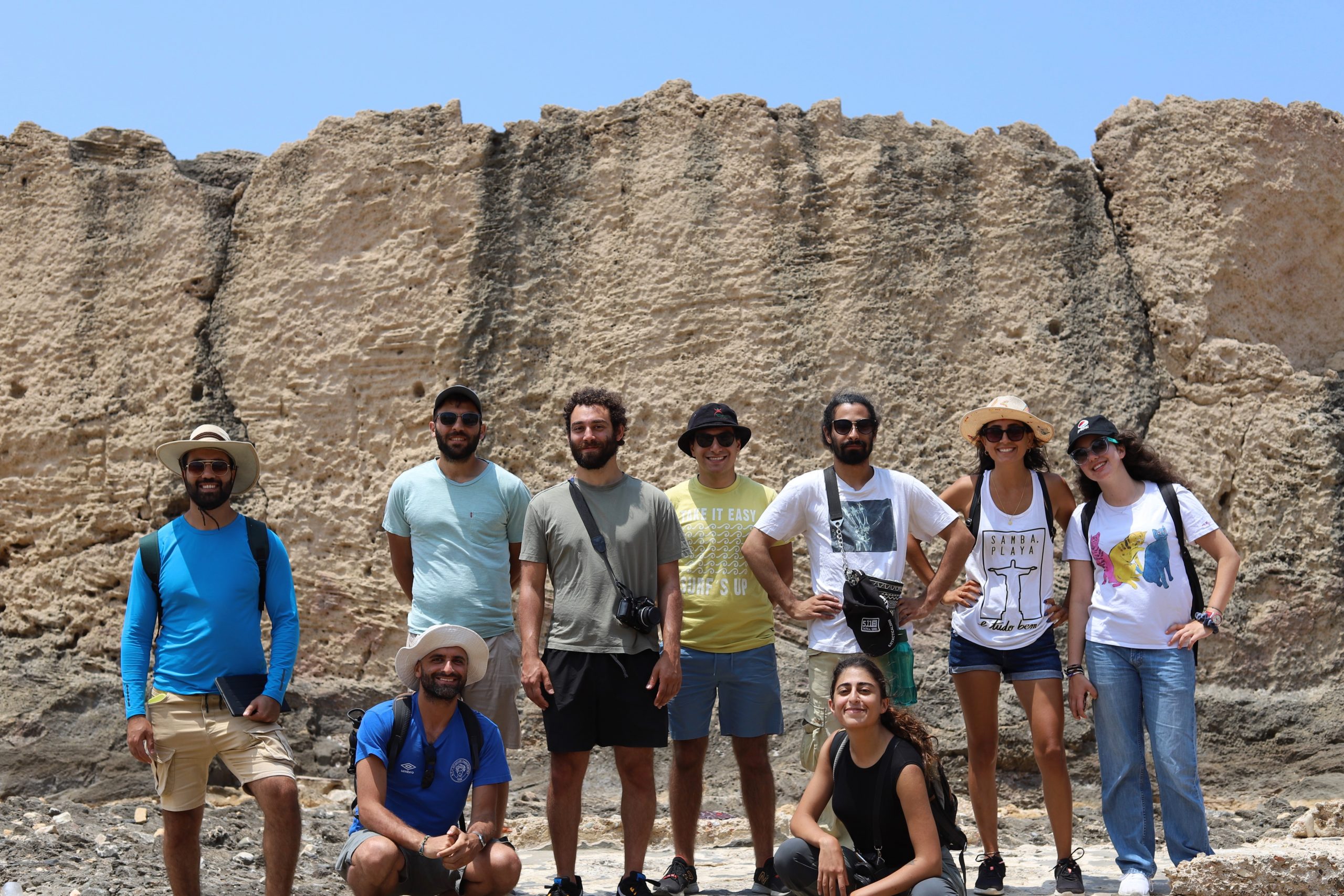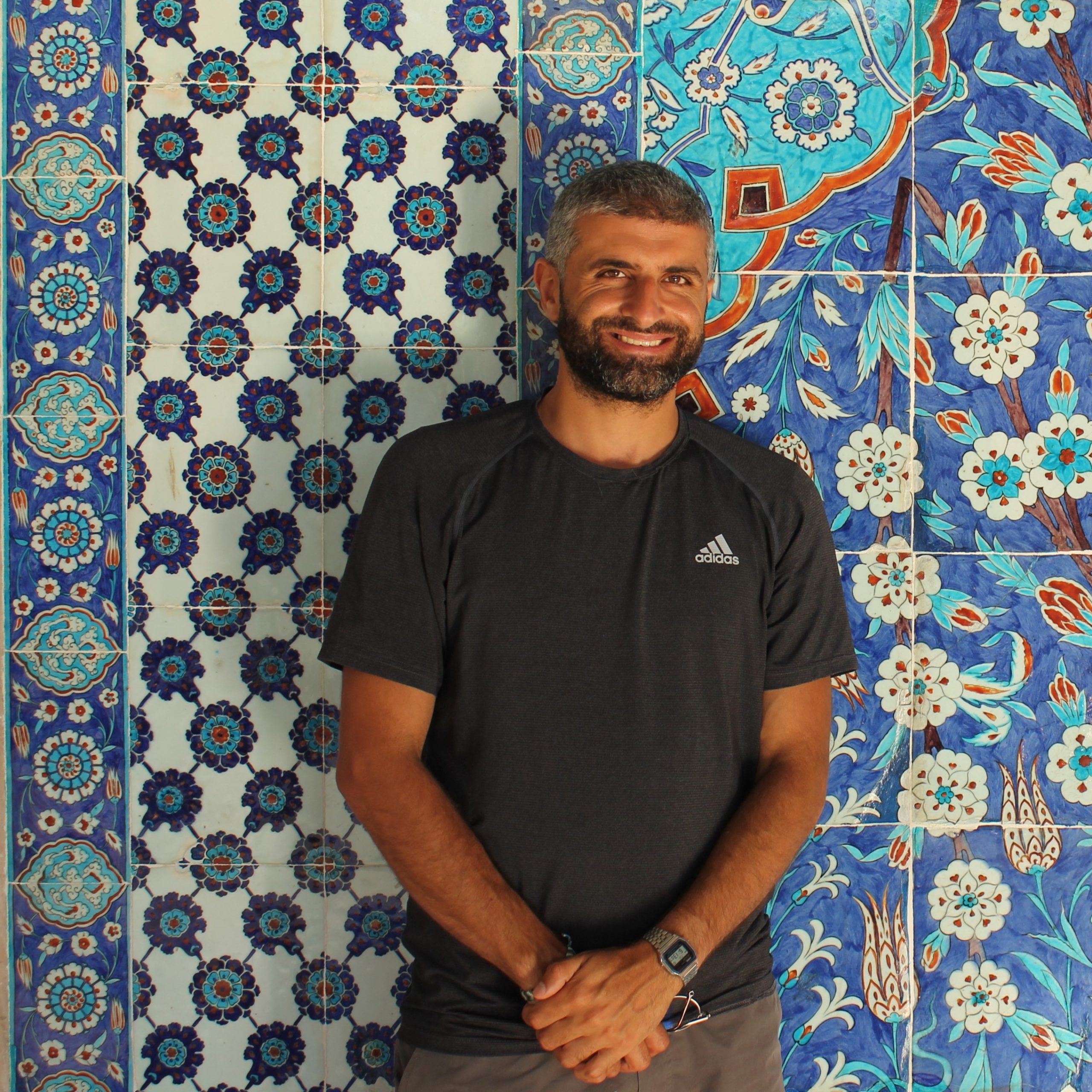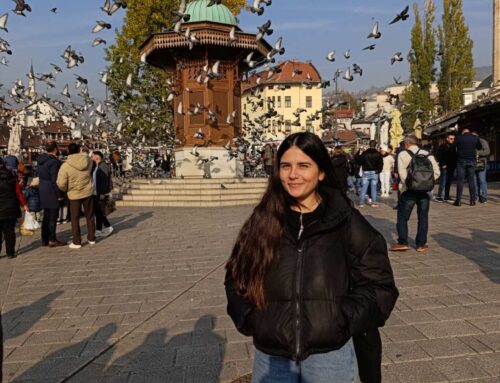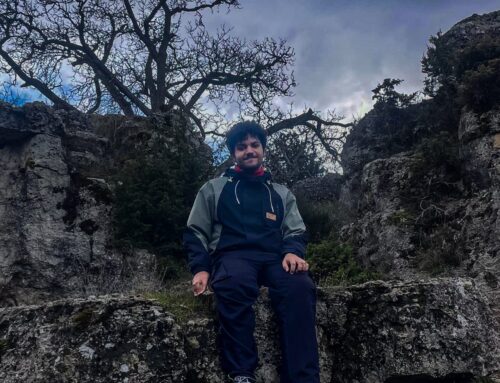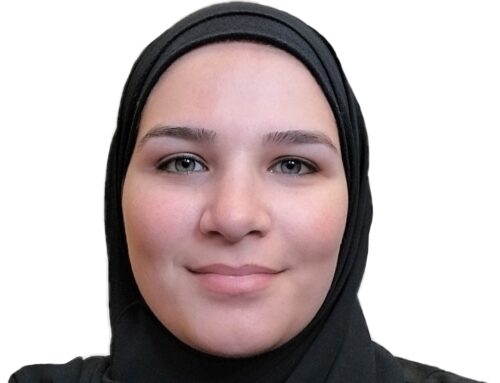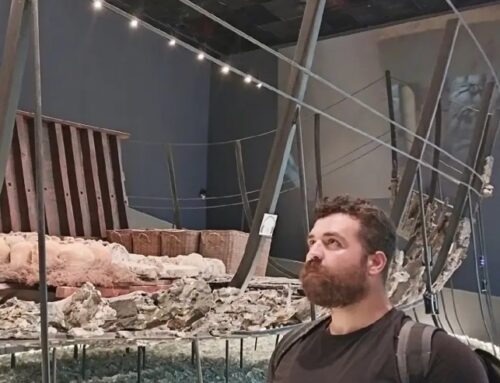Ali Najem – 2021-2022 – AUB Scholar

The material delivered by the professors widened the horizon for me. With every activity that has been assigned to us, I acquired useful information and enhanced my academic research skills. I had the chance to integrate the acquired knowledge with my previous education that mainly highlighted the cultural landscapes and historical aspects of the marine and coastal habitat. This program also taught me the proper methodology to synthesize the information gathered while reading with an open mind so I can develop sound research for my future career as HFF scholar as I presented my last paper. “The Phoenician Maritime Network Expansion” tackles the strategic importance on how the control of the maritime trade networks dictated the geopolitical and economical power of the Phoenicians. In this paper, I briefly talk about the Phoenician sociopolitical structure, the inter-regional connections between the eastern Mediterranean, the Punic west, and the causality between their network expansion and economic growth based on one traded commodity. The MSCU program, helped narrow my focus on the development of human settlements near bodies of water and the interaction of coastal societies with their environment leading into a socioeconomic transformation and how it affected the function of said landscape. The last semester during summer we had the opportunity to gain hands-on experience with a range of different geophysical techniques. The MSCU 203 includes and open water training course, geophysical portion with MSDS Marine, in addition to a coastal and underwater survery. During the fieldschool I had also the opportunity to learn the (NAS) Nautical Archaeological Society method of recording and the identification, investigation, and interpretation of archaeological maritime landscapes and archaeological sites. This experience also made me realize the amount of hard work the archaeologists put in and the long hours involved in a maritime archaeology excavation. Later on September 2022, I pursued the opportunity to work with Lebanese-Italian research archaeological project in the region of Tyre to investigate the patterns of human occupation, land and sea use, and water management in this unique maritime cultural landscape in Tyre and surrounding.
The MSCU minor program contributed to the improvement of my research skills and increased my interest in ethnographic research on maritime communities, the documentation methods and the passive noninvasive technologies implemented in the field. The professors teaching methods and dedication towards representing Maritime Archaeology to students helped increase my interest and knowledge in human-environment interaction.
